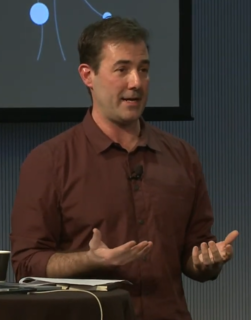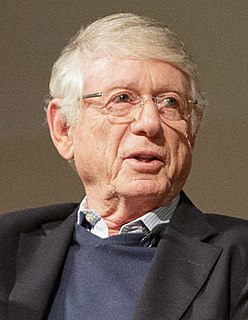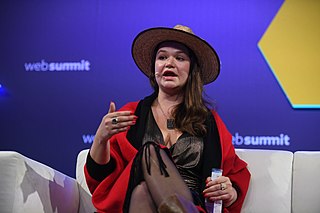A Quote by Maria Konnikova
As our understanding of fraud evolves, we might one day be able to develop predictive algorithms that could identify would-be con artists based on patterns of behavior.
Related Quotes
These algorithms, which I'll call public relevance algorithms, are-by the very same mathematical procedures-producing and certifying knowledge. The algorithmic assessment of information, then, represents a particular knowledge logic, one built on specific presumptions about what knowledge is and how one should identify its most relevant components. That we are now turning to algorithms to identify what we need to know is as momentous as having relied on credentialed experts, the scientific method, common sense, or the word of God.
Before we start anything creatively, we have a firm understanding of our objective and our frame of mind for the campaign. Who's our audience, and what's their day-to-day behavior? How can we complement those behaviors? How is our message more than an interruption? Why would people care about what we're saying?
Human behavior is subject to the same laws as any other natural phenomenon. Our customs, behaviors, and values are byproducts of our culture. No one is born with greed, prejudice, bigotry, patriotism and hatred; these are all learned behavior patterns. If the environment is unaltered, similar behavior will reoccur.
In order to create predictive algorithms, you need to have a training set. So, that training set is created through our quantitative surveys. Those surveys need to include either basic market research questions or basic political polling questions, which might be added to get your opinion on a brand or an issue or a candidate.
When The Daily Muse initially wanted to launch a job board, our first ideas were insanely (and needlessly) complex. We wanted to integrate with social networks, gather rich personal data to build predictive algorithms, and put together numerous cool visualization tools before launching out to the world. We were just sure users would love it!
Literature and the other arts play with pattern - our brains understand our world by recognizing patterns - and with possibility. The arts harness our sharpest senses, sight and sound, and our richest ways of understanding, in language and narrative. They were our first schools before schools were ever invented. They develop our imaginations, extend our possibilities, and deepen what we can all share.





































